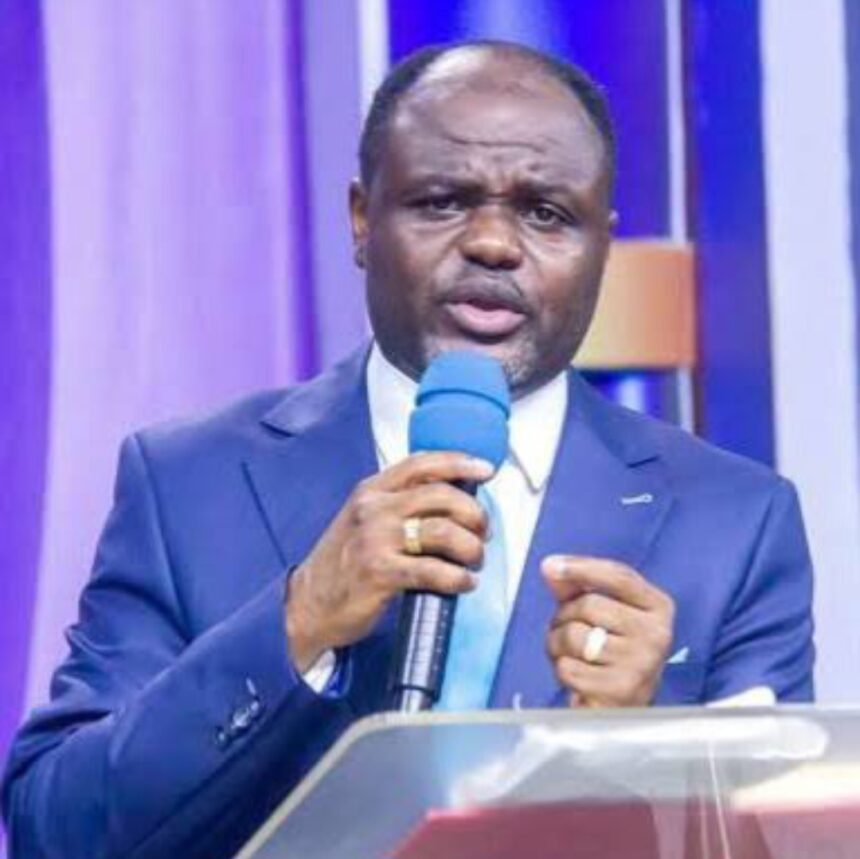In a captivating episode of the MIC ON Podcast, hosted by the engaging Seun Okinbaloye, the renowned and often controversial Nigerian pastor, Abel Damina, who is the visionary founder of Kingdom Life Network (KLN), candidly shared his insights on LGBTQ issues.
Pastor Damina’s remarks aimed to challenge negative stereotypes and promote a more inclusive perspective within religious communities, encouraging dialogue around acceptance and compassion for all individuals. …CONTINUE READING

 He attributed them primarily to identity crises rather than inherent evil or demonic forces.
He attributed them primarily to identity crises rather than inherent evil or demonic forces.
“LGBTQ people are not bad people. They’re just people who need to realise their true identity. When a person is suffering from an identity crisis, he’s not a bad person; he just needs guidance,” Pastor Damina stated.
He emphasised the importance of understanding one’s origin, saying, “For a man to know who he is, he’s got to know where he came from. It is the revelation of Jesus that unveils the identity of a man.”
When asked about his approach to helping LGBTQ individuals, Pastor Damina highlighted the need for spiritual teaching rather than condemnation.
“These people need teaching. It’s not demonic,” he clarified, adding that unresolved identity crises could open the door for demonic influences over time.
“If nothing is done, Satan will come in. It begins as an identity crisis and eventually becomes demonic,” he said.
Pastor Damina gives clarity on deliverance
On the controversial topic of deliverance, he explained the biblical interpretation of the term.
“Deliverance, or ‘aphesis’ in Greek, means forgiveness of sins. It’s different from casting out devils,” he said.
Pastor Damina underscored that born-again Christians could possess authority over demons but clarified, “A man who has Jesus in him has no demon to cast out.”
Addressing whether one can be a born-again Christian while identifying as LGBTQ, Pastor Damina acknowledged the complexity.
“Yes, you can be born again and still struggle with an identity crisis,” he stated, urging for patience and understanding in addressing such issues.
The interview provided a nuanced view of LGBTQ matters from a spiritual perspective, urging compassion and education over judgment or sensationalism.




